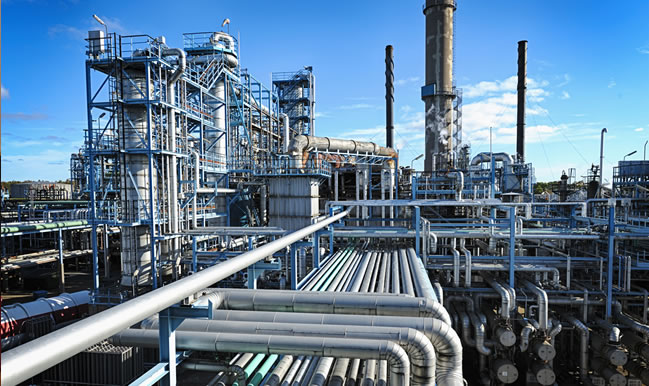Renaissance Capital, an emerging and frontier markets focused investment bank, says higher gas production in Nigeria will increase the country’s wealth by reducing foreign exchange outflows and also provide electricity for citizens.
This was contained in a report by Alexander Burgansky, head of oil & gas, Russia/commonwealth of independent states (CIS) and Africa, Renaissance Capital.
According to the report, Nigeria has one of the lowest rates of net electricity generation per capita globally, resulting to about 20,000 megawatts (MW) of off-grid diesel generated power, costing tens of billions of dollars in imported generator fuel per annum.
“Higher gas production will be pivotal to Nigeria’s prosperity as it could reduce foreign exchange (FX) outflow and provide electricity to Nigerian households,” the report read.
Advertisement
The investment bank said when the petroleum industry bill (PIB) is passed into law, it will have a strong focus in the gas sector which will help in “increasing gas prices, offering fiscal incentives to upstream operators and creating a midstream infrastructure fund.”
However, the report said that the domestic gas sector faces significant challenges in the upstream sector, as gas prices do not incentivise producers to develop gas reserves or invest in infrastructure to commercialise them; and gas producers might not be able to find buyers for their gas production.
It also said, in the midstream sector, lack of infrastructure effectively leaves gas resources stranded or does not allow their distribution to demand centres.
Advertisement
It added that the Nigerian gas sector also suffer from funding because “many customers do not pay for power and power companies do not pay gas providers; and the transmission and distribution networks are inadequate, struggling with higher loads.”
For the Nigerian oil sector, Renaissance Capital said the oil sector long term production in Nigeria will be negative, reflecting lower investment expectations.
It said the introduction of royalties to production sharing contracts (PSCs) in 2019 discourages investment in Nigeria’s deep water sector; high local content requirements makes Nigeria resilient to cost deflation; and “security situation, crude evacuation routes, aging infrastructure and poor uptime bottlenecks growth” poses a barrier in the domestic oil sector.
Advertisement
Add a comment





